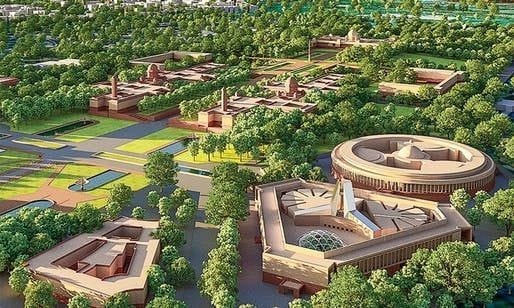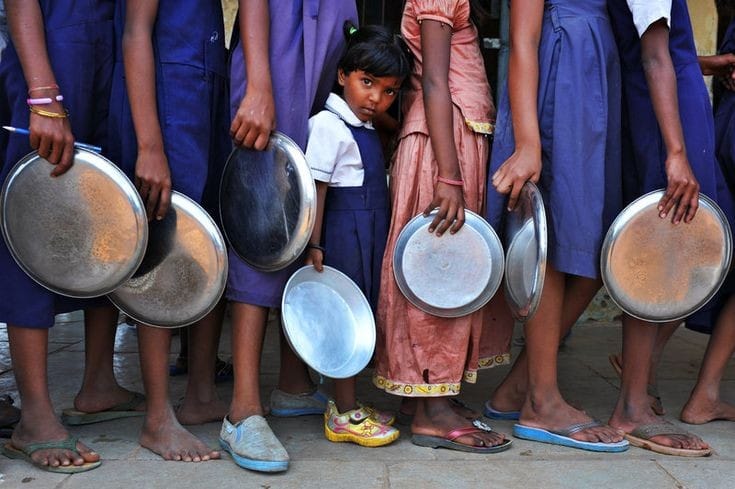India’s Parliament is the supreme legislative body of the country, consisting of the President of India, the Rajya Sabha (Council of States), and the Lok Sabha (House of the People). The Parliament is responsible for passing laws, approving the national budget, and holding the government accountable for its actions.
The Rajya Sabha consists of 245 members, with 233 elected by the State Legislative Assemblies and 12 appointed by the President of India. The members of the Rajya Sabha serve a term of six years, with one-third of the members retiring every two years.
The Lok Sabha, on the other hand, consists of 545 members, with 543 elected directly by the people of India and two nominated by the President of India. The members of the Lok Sabha serve a term of five years, after which they must seek re-election.
The Parliament has several important functions, including lawmaking, budgeting, and oversight. The Parliament is responsible for passing laws on a range of issues, including taxation, defense, foreign policy, and social welfare. The Parliament also approves the national budget, which outlines the government’s spending priorities for the coming year. Additionally, the Parliament has the power to hold the government accountable for its actions, through mechanisms such as question hour and no-confidence motions.
The Parliament is also responsible for ensuring that the government is transparent and accountable to the people. The Parliament has the power to scrutinize the actions of the government, and to investigate issues of public importance. Additionally, the Parliament has the power to impeach the President of India, the Vice President of India, and other high officials of the government, in cases of misconduct or violation of the Constitution.
One of the unique features of India’s Parliament is its diversity. The Parliament reflects the country’s diversity in terms of language, religion, ethnicity, and culture. This diversity is reflected in the composition of the Lok Sabha and the Rajya Sabha, with members from different regions and communities of India.
The Parliament has played a critical role in shaping India’s democracy and its growth story. The Parliament has passed several landmark laws that have transformed India’s economy and society. For example, the Parliament passed the Right to Information Act, which has increased transparency and accountability in the government. The Parliament also passed the National Rural Employment Guarantee Act, which has provided employment opportunities to millions of rural Indians.
However, the Parliament also faces several challenges, including the increasing polarization of politics and the declining trust in institutions. The Parliament has seen several disruptions and adjournments in recent years, as a result of political disagreements and protests. This has led to a decline in the productivity of the Parliament, and a perception that the Parliament is not fulfilling its responsibilities.
In conclusion, India’s Parliament is the supreme legislative body of the country, responsible for passing laws, approving the national budget, and holding the government accountable. The Parliament plays a critical role in shaping India’s democracy and its growth story. However, the Parliament also faces several challenges, including the increasing polarization of politics and the declining trust in institutions. Addressing these challenges will be critical for ensuring that the Parliament remains a vibrant and effective institution of India’s democracy.










